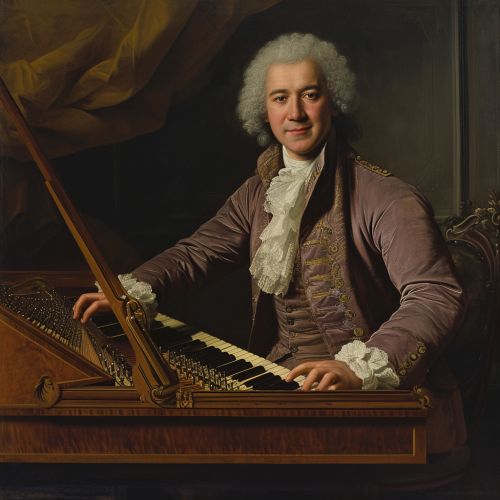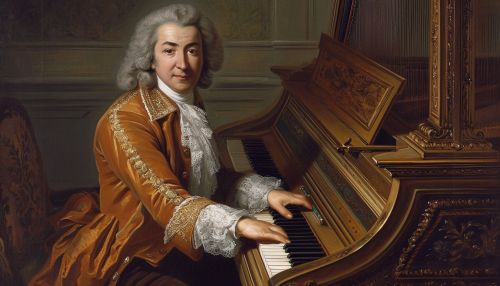François Couperin
Early Life
François Couperin was born on November 10, 1668, in Paris, France. He was part of the Couperin musical dynasty, which was one of the most renowned musical families in France during the 17th and 18th centuries. His father, Charles Couperin, was the organist at the Saint-Gervais Church in Paris, a position François would later inherit.
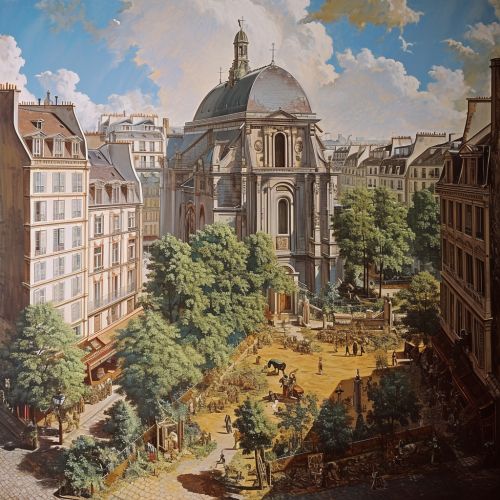
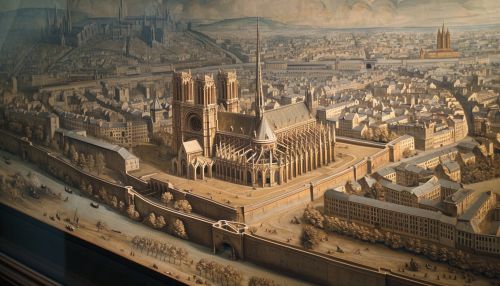
Musical Education
François received his musical education from his father. However, Charles died when François was only ten years old. François' musical education was then taken over by his uncle, Louis, who was a well-known composer and performer of the time. François' education was comprehensive, covering a wide range of musical styles and techniques. This included the study of harpsichord, organ, and composition.
Career
François began his career as an organist at the Saint-Gervais Church in 1685, following in his father's footsteps. In 1693, he was appointed as one of the four organists at the Royal Chapel in Versailles, a prestigious position that he held for the rest of his life. François' duties at the Royal Chapel included playing for the daily Mass and other religious services, as well as composing music for special occasions.
In addition to his duties as an organist, François was also a prolific composer. He composed a significant number of pieces for the harpsichord, which were published in four volumes known as the 'Pièces de Clavecin'. These works are considered to be some of the finest examples of French Baroque keyboard music.
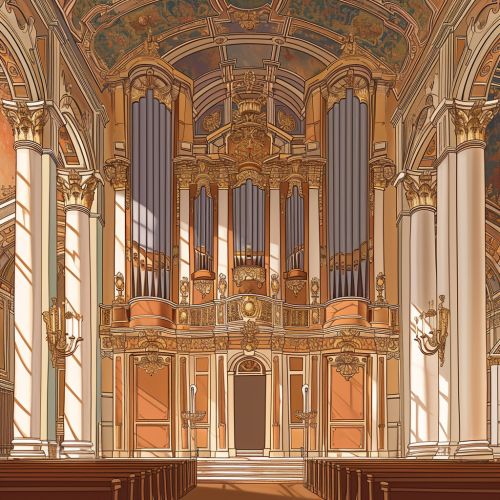
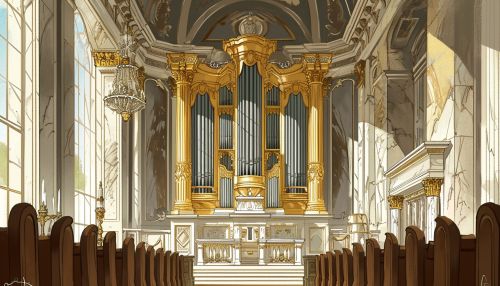
Musical Style and Influence
François' music is characterized by its elegance and sophistication, reflecting the tastes of the French aristocracy of the time. His compositions often feature intricate melodies and complex harmonies, with a strong emphasis on ornamentation. François was also known for his innovative use of the basso continuo, a musical technique that was popular during the Baroque period.
François' music had a significant influence on later composers. For example, J.S. Bach admired François' work and arranged several of his pieces for organ. In the 20th century, François' music was rediscovered and championed by musicians such as Ravel and Strauss, who admired its subtlety and refinement.
Later Life and Death
In his later years, François continued to compose and perform, despite suffering from poor health. He died on September 11, 1733, in Paris. His music continues to be performed and recorded today, and he is considered one of the greatest composers of the French Baroque period.
